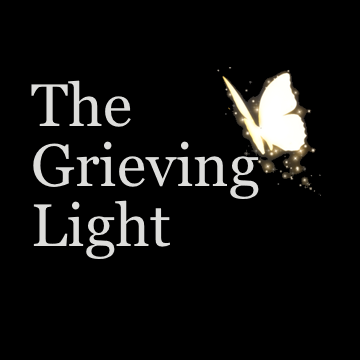What is grief?
This is such a hard word to give a definition. It is not something that can be explained and I have read many different versions of definitions. However, Webster Dictionary has come up with a handful. Their top 3 are: “deep and poignant distress caused by or as if by bereavement”, “a cause of such suffering“, and “an unfortunate outcome“. It is a very natural response to losing someone or something close to you.
I think what makes grief so hard to explain that it is different for every person and for every situation. We often categorize grief with death but that isn’t always the case. Grief can come with a recent job loss, divorce, or loss of a house and belongings.
Stages of Grief
Symptoms of Grief
*Symptoms of grief can affect anyone physically, emotionally, and/or mentally. Some are affected by all three or just one or two.
- fatigue
- bitterness
- numbness
- chest pains
- insomnia
- headaches
- depression
- detachment
- irritability
Getting Help
Grief can be a hard time. You can find ways to help yourself during your journey.
- Allow yourself to cry and process your feelings. You have to heal it to feel it.
- Be kind to yourself.
- Reach out to others (even when you think they don’t want to “hear it”.)
- Take a walk.
- Get some rest.
- Take your time.
- Try to eat well.
- Don’t be ashamed to get help. (I used GriefShare and Betterhelp.com)
- Find a hobby.
I have had many ask me how they can help others during their grieving journey, below are some tips on what I have found helpful.
- Offer to help around the house/yard.
- Ask to help during or with funeral arrangements.
- Give them space but keep checking on them. (I know this is hard but important.)
- Get them out and move if you can. Even just for a small walk at first. Take baby steps.
- Offer a care package.
- Share a memory and use the person’s name. (This does mean a lot!)
- Don’t be afraid to ask questions.

